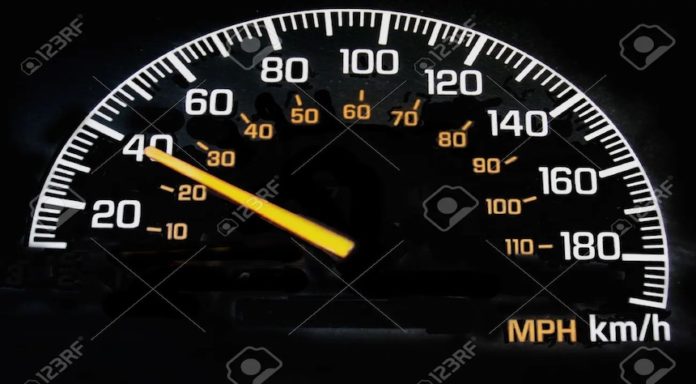Washington, D.C. – As lawmakers try to curb speeding violations, nonemergency government vehicles could be restricted to driving less than 40 mph within the city limits.
A new proposal was presented Thursday by Elissa Silberman. Government-issued vehicles would have to install speed reducers. These would prevent cars from going faster than 40 mph unless there is a “demonstrated necessity” to do so. This bill would not apply to emergency vehicles like firetrucks or police cars, but only to cars owned by city agencies.
Silverman stated that speed is a killer. A pedestrian struck by a car traveling at 50 mph has only a 20% chance of survival. The pedestrian’s chances of survival are doubled if the vehicle speed is reduced by 10mph to 40mph.
Silverman’s bill, which is the latest attempt by legislators to curb reckless driving in the district, is called the Silverman Act.
“Traffic safety is a major concern for residents throughout the district,” Councilmember Silverman stated. “We can issue tickets and we can fine people. However, ultimately we must change driver behavior,” David ConnertyMarin, spokesperson for Silverman’s office stated. This is an example of how we can impact behavior by making it impossible for drivers to exceed a certain speed.
More than 6,000 vehicles are owned and operated by the city. About half of them are designated as non-emergency vehicles. They travel around the city daily to transport city employees and supplies to various agencies. Silverman said that these vehicles do not have to be driven quickly.
It is not clear how much it would cost for all the district’s 3,000 non-emergency government vehicles to have speed reducers. ConnertyMarin says that many of the vehicles have speed reducers installed and it is just a matter of activating them.
Silverman’s office argued that they are “relatively inexpensive” and that the total cost of the legislation would likely cover the costs.
This proposal is inspired by similar efforts in New York City. New York City recently launched a pilot program to implement intelligent speed limiters. These limiters adjust a car’s maximum speed according to the speed limit on the road. The city could make all its government vehicles install these systems by 2024 if it is successful. Legislators are looking at expanding that requirement to all new cars registered in the state.
Silverman’s bill is similar to other legislative proposals that seek to curb speeding in the district. For example, the Automated Traffic Enforcement Effectiveness Amendment Act of 2020 was introduced last month by Christina Henderson. The bill would allow the district government to revise its penalties for traffic offenses caught on cameras and issue drivers not only fines but also points to their driving records.
New speed limits were also set by lawmakers on some of the busiest roads in the district, reducing speeds from 30 mph down to 25 mph. In the coming weeks, speed limits will be reduced on other busy roads.
ConnertyMarin stated, “Everyone is trying to address the real problem facing residents in the district.” “There is enforcement, then there are additional measures that we can take. This is one of the solutions we believe can help.”
Although it has not been scheduled for a hearing, the Speed Limiters Amendment Act of 2022 will likely be referred by the Committee on Transportation and the Environment.




